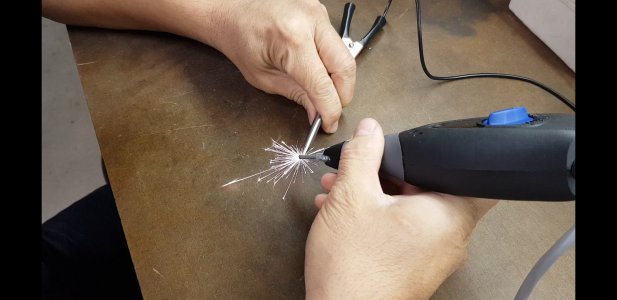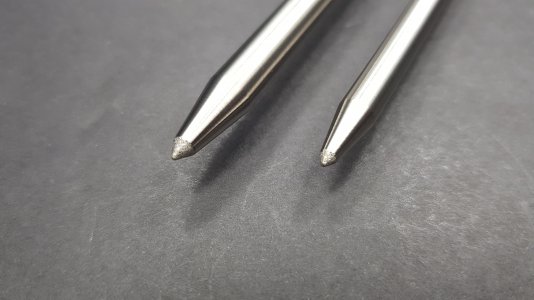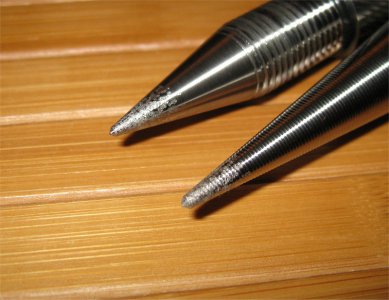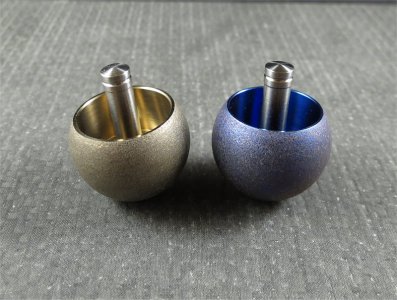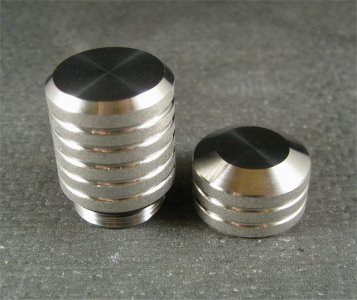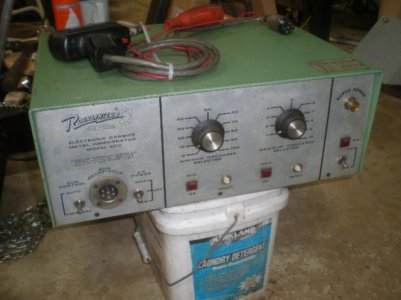- Joined
- Feb 9, 2017
- Messages
- 5,262
While cruising a metal forming forum I ran onto something I’d never heard of but have seen the effects of on tooling. The Rocklinizer takes a proprietary power supply and special gun with a carbide tip and through arcing onto the work leaves a stippled finish of carbide onto the work. This is used for all kinds of metal working from ruggedizing a surface like the jaws of a lathe to fixing dies to treating the jaws of Lancaster type shrinker stretchers and many other things just to name a few. A used Rocklinizer if you see them are $2,000+. New I’m afraid to ask and as a hobby guy I’m certainly not going “get a quote”.
in this thread one guy replied he’d used them 35yrs ago and figured he could DIY one with some kind of battery or 12v power supply and an typical engraver. I’ve asked him for details as has says it should be a variable power supply and depending on the setting and the polarity you get different finishes. He also says the DIY engraver/Rocklinizer doesn’t work as fast as a real one, but is certainly more potentially more affordable. But not being really and electronics kinda guy I have no clue as to the details of this.
Any thoughts?
in this thread one guy replied he’d used them 35yrs ago and figured he could DIY one with some kind of battery or 12v power supply and an typical engraver. I’ve asked him for details as has says it should be a variable power supply and depending on the setting and the polarity you get different finishes. He also says the DIY engraver/Rocklinizer doesn’t work as fast as a real one, but is certainly more potentially more affordable. But not being really and electronics kinda guy I have no clue as to the details of this.
Any thoughts?


